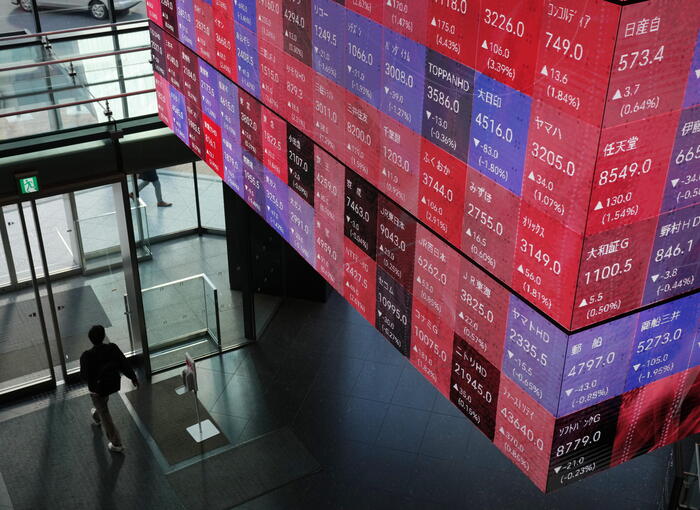Damascus-SANA
Government policies during this stage focus on re-developing the local manufacturing sector, which was affected, like other sectors, by the terrorist war against Syria. The concerned authorities have taken many steps to support the industrial sector and recycle the wheel of production.
In a statement to SANA reporter, Engineer Muhammad Fayyad, Director of Industry in Damascus Countryside, said that the most prominent of these steps is to facilitate licensing procedures, allocate lands from state property to establish large projects, issue the new investment law, support the financial financing process, launch the work of the Loan Risk Guarantee Corporation, expand the import substitution program and include new industries. Within the export subsidy program and interest rate support for bank loans.
Fayyad added that the industrial and craft sector in Damascus countryside has recorded remarkable growth indicators since the beginning of this year, despite the repercussions of the economic blockade and the rapid changes in global markets, especially the energy sector and shipping costs, pointing out that the focus is currently on supporting strategic industries and agricultural manufacturing and encouraging the necessary industries to increase agricultural production of fertilizers and pesticides. .
Fayyad revealed that 589 industrial and handicraft establishments were implemented and licensed in the governorate, whose capital exceeded 31.32 billion pounds, providing about 3,550 jobs during the first half of this year, including 409 industrial projects, with a capital of more than 29 billion pounds, employing 2,968 workers, mainly in the chemical, engineering and food manufacturing sectors. The rest are artisanal establishments.
As for the facilities and projects that started working and producing between Fayyad, 109 facilities were implemented with a capital of more than 6.4 billion pounds, which provided 827 job opportunities and were distributed among the engineering sector with 35, then the chemical with 34, the food sector with 29 and the textile industry with 11 facilities, while 76 craft facilities were implemented with a capital of about 429 One million Syrian pounds employed 173 workers, distributed mainly in the engineering sector with 60 facilities, and the rest were food, chemical and textile facilities.
For his part, Muhammad Abdo al-Khatib, head of the Craftsmen Union in Rural Damascus, said in a statement to SANA that despite the fact that the craftsmen and their workers in the Damascus countryside were affected by the repercussions of the war against Syria, like other work sectors, and despite the great difficulties, most craftsmen continue their work and continue production, stressing the importance of supporting craftsmen and securing raw materials. Necessary to develop and increase the production process within the program of substituting substitutes for imports, pointing to the importance of supporting some crafts that provide part of the industrial sector's need of spare parts and production machines such as turning and metal forming.
He added: The Crafts Union seeks to develop the craftsmanship and provide all support to rehabilitate the damaged craft facilities and reproduce in them and contribute to securing the requirements of the reconstruction process by accelerating the completion of the industrial and craft areas and securing their basic requirements of electricity and fuel, in addition to encouraging the return of expert workers and increasing interest in vocational training .
Some industrialists and craftsmen talked about the difficulties encountered in developing their work, especially the insurance of energy carriers and the high prices of raw materials. They demanded the concerned authorities to provide full support for their work, such as speeding up the completion of industrial and craft zones, establishing specialized vocational training centers to qualify new craftsmen, supporting and facilitating participation in external exhibitions and establishing permanent places to display Selling handicraft products in addition to facilitating granting soft loans and reducing taxes and fees resulting from importing raw materials.
Amjad Al-Sabbagh - Alia Hishma
SANA Economic Bulletin
Follow Sana's news on Telegram https://t.me/SyrianArabNewsAgency









